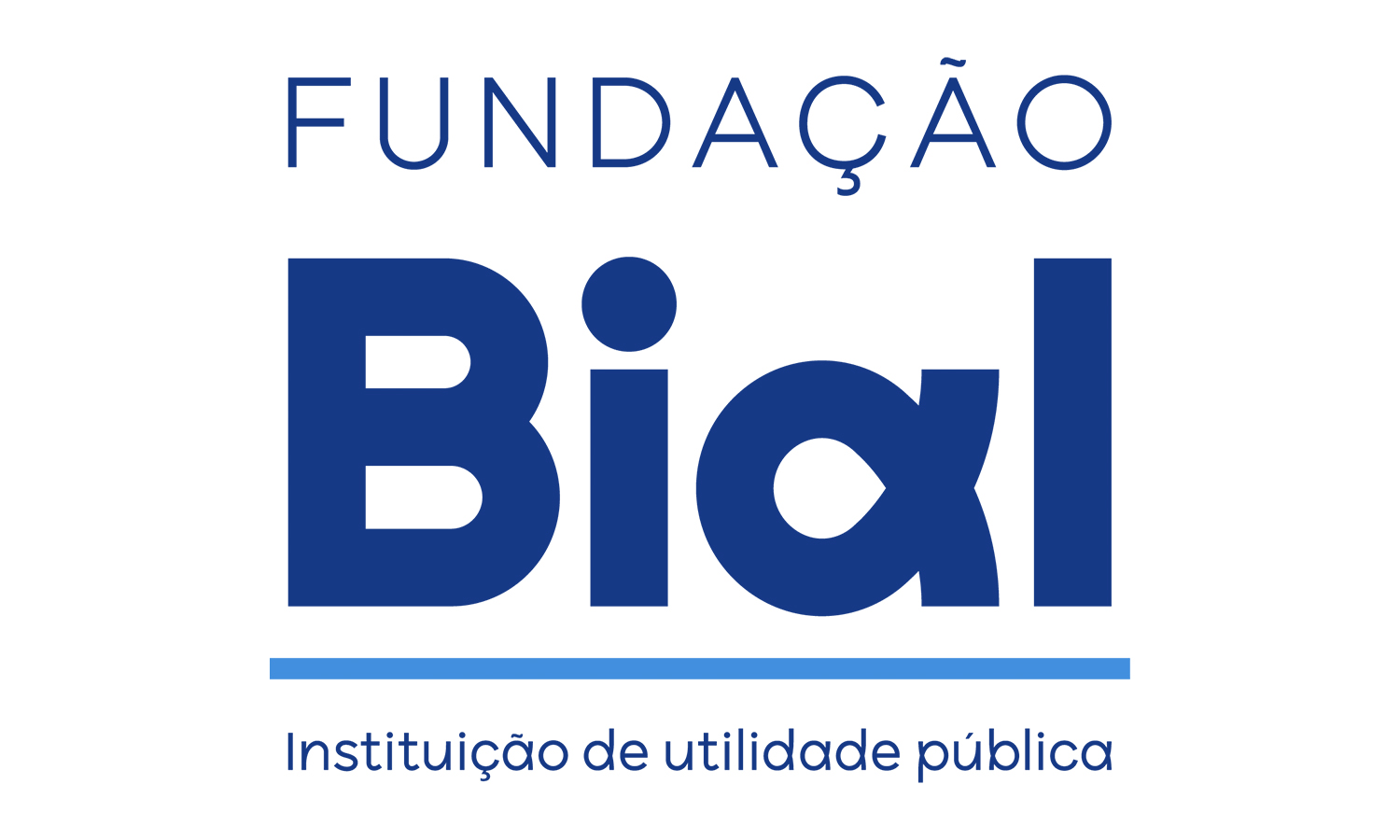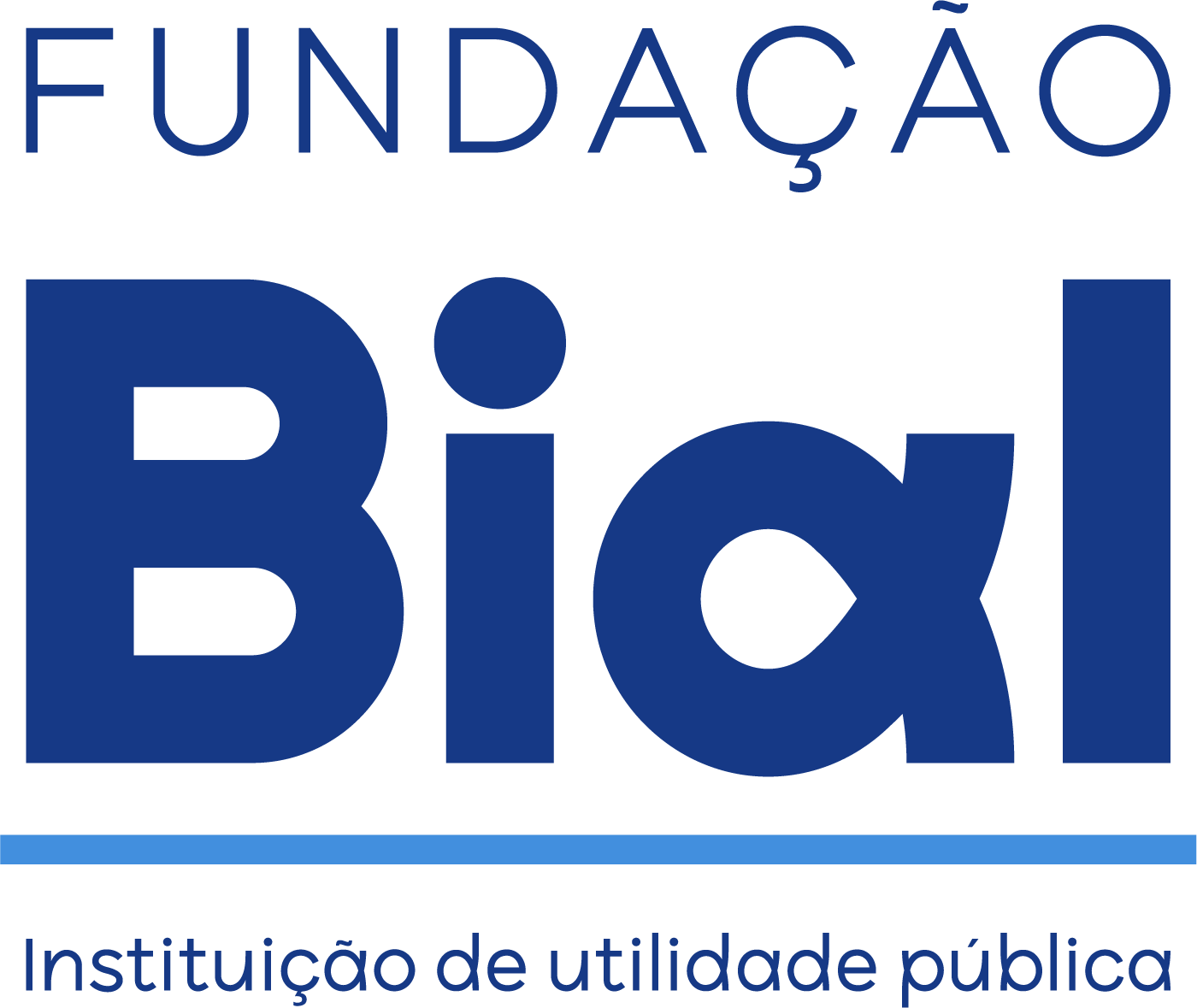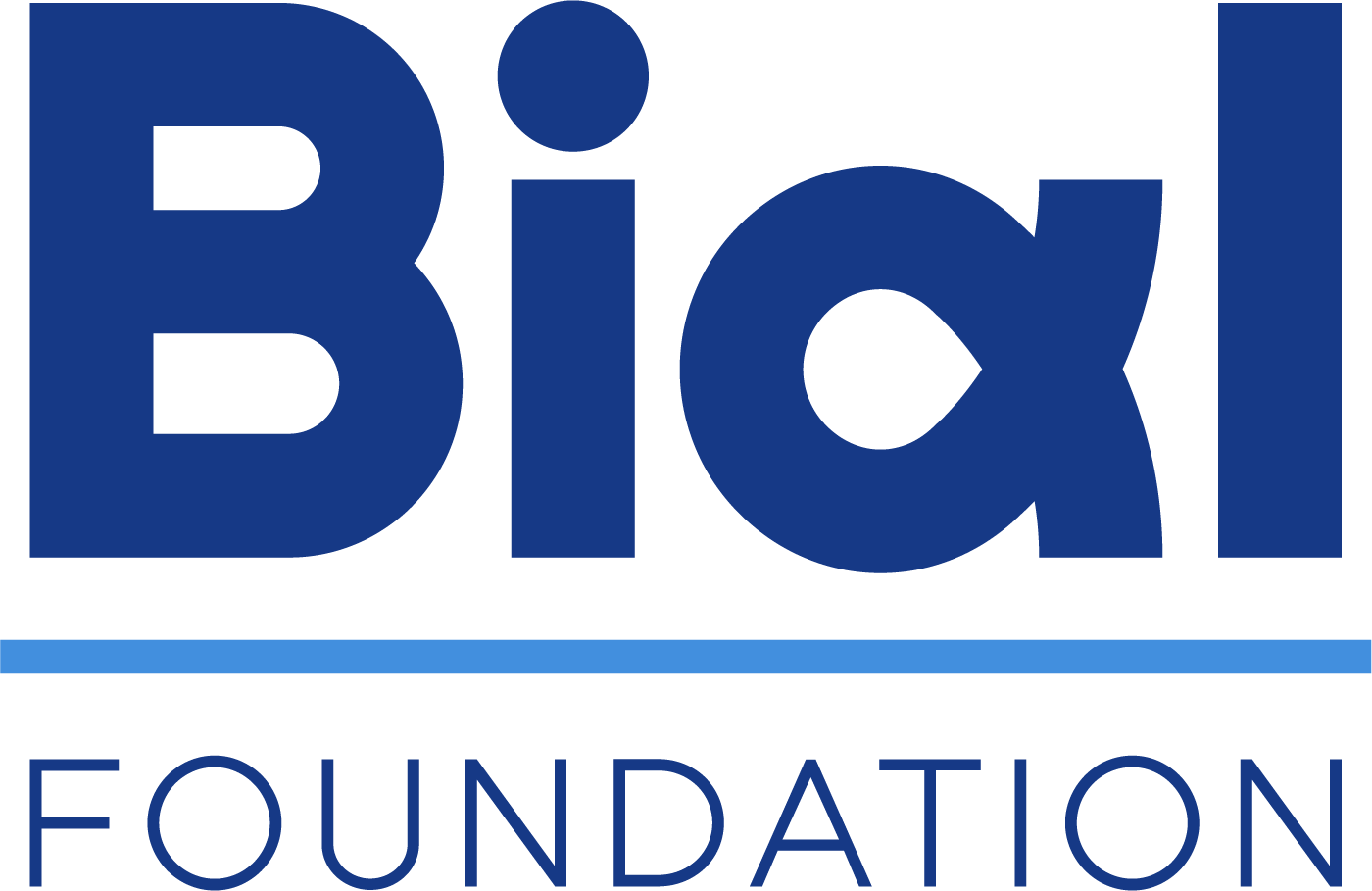Notícias
- Science Stories
- Destaques
- Looking for collaboration
- Links úteis
- Logos
Science Stories
É a concretização da nossa missão. Desde a sua criação a Fundação Bial já aprovou para financiamento 946 projetos, envolvendo cerca de 1900 investigadores de 31 países. São três décadas de apoios a Projetos de Investigação Científica orientados para o estudo neurofisiológico e mental do ser humano, nas áreas da Psicofisiologia e da Parapsicologia.Conheça as histórias por detrás da ciência.
Science Stories

Mulheres mostram maior apetência para o multitasking?
Estudo com 167 participantes do Reino Unido concluiu que as mulheres acreditam ter maior propensão para o multitasking do que os homens.

O que nos lembramos dos sonhos varia com a idade?
Estudo revela que não há diferenças relevantes entre a recordação dos sonhos em jovens adultos e em idosos.

Estudos sobre alegadas memórias de vidas passadas
Sabia que a maioria dos estudos sobre alegadas memórias de vidas passadas foram realizados sobretudo em países da Ásia?

Empatia em casais
Compreender o funcionamento adaptado dos casais é algo crucial dadas as consequências nefastas da violência conjugal.

Vai escolher o de sempre ou arriscar?
Escolhemos sempre o mesmo caminho de regresso a casa, mas um dia decidimos arriscar um percurso alternativo. O que nos leva a tomar esta decisão?

Sonhar enquanto se dorme e “sonhar acordado”: diferenças e semelhanças
Sabia que os sonhos “diurnos” refletem acontecimentos dos dois dias anteriores, enquanto os sonhos “noturnos” se assemelham a um enredo de ficção?

O seu cão tem competências sociais?
Estudo revela que a visualização do rosto do dono funciona como reforço social positivo para os cães. Conheça resultados intrigantes sobre o “melhor amigo do homem”.
News
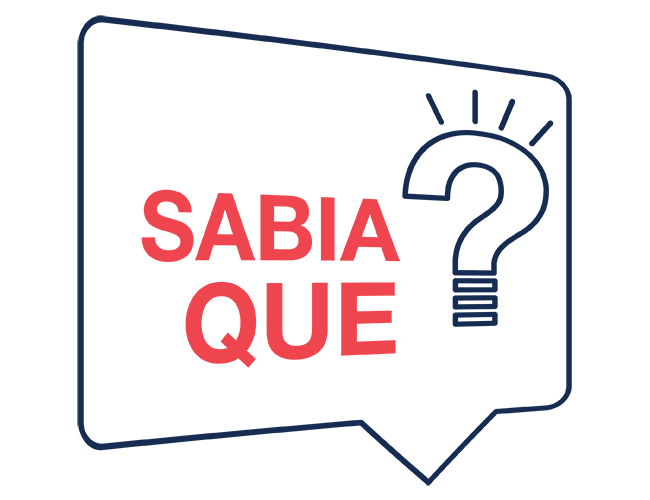
O perfil das revistas científicas em que os projetos apoiados pela Fundação BIAL publicam é diversificado
Sabia que Journal of Parapsychology, Scientific Reports e Frontiers in Psychology integram o top 10 das revistas científicas com mais artigos publicados no âmbito de projetos apoiados pela Fundação BIAL?

Assimetria inter-hemisférica durante o sono nos cães
No âmbito do projeto 169/16 - The potential effect of behavioral stimulation on social competence in dogs (via endogenous oxytocin release), financiado pela Fundação BIAL, a equipa de investigação liderada por Anna Kis publicou o artigo “Interhemispheric asymmetry during NREM sleep in the dog” na revista Scientific Reports.
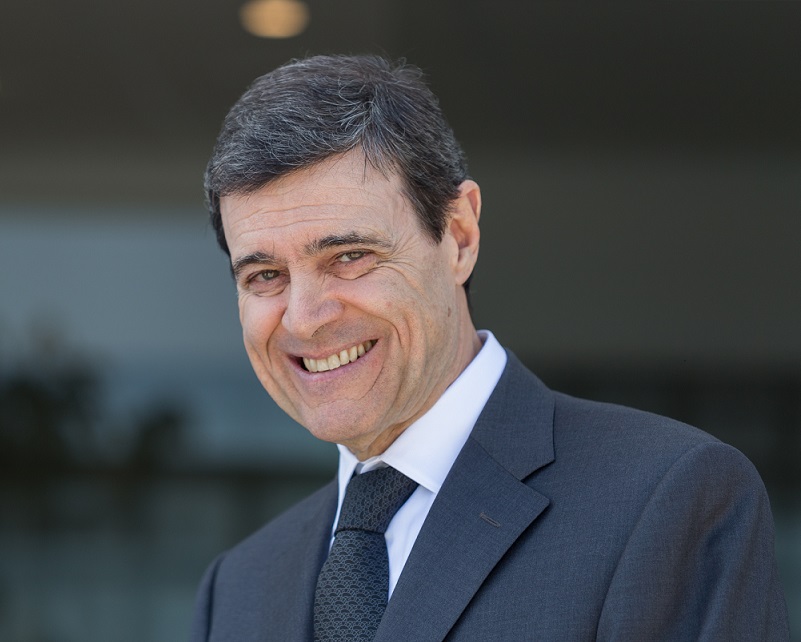
Luís Portela distinguido com Prémio de Gestão dos Serviços de Saúde
Luís Portela, Presidente da Fundação BIAL, recebeu no dia 23 de outubro o Prémio de Gestão dos Serviços de Saúde, atribuído pela Competência em Gestão dos Serviços de Saúde da Ordem do Médicos, como tributo pelo seu percurso de vida como gestor.

Artigo publicado em revista com alto factor de impacto Molecular Psychiatry
No âmbito do projeto de investigação 427/14 - Gliogenesis control of brain neuroplasticity, neurophysiology and cognitive function, apoiado pela Fundação Bial e conduzido pela investigadora principal Luísa Pinto, da Escola de Medicina da Universidade do Minho, foi publicado o artigo Hippocampal cytogenesis abrogation impairs inter-regional communication between the hippocampus and prefrontal cortex and promotes the time-dependent manifestation of emotional and cognitive deficits na revista científica com alto factor de impacto Molecular Psychiatry.

Variabilidade individual nos movimentos oculares
Maurizio Corbetta e Andrea Zangrossi, coordenadores do projeto 361/18 - When style matters: do oculomotor fingerprint and brain dynamics explain visual exploration and memory strategies?, analisam a variabilidade individual nos movimentos oculares quando participantes saudáveis visualizam imagens de cenários naturais.
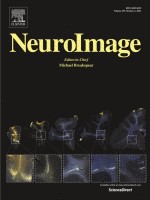
Será que a atividade cerebral difere na leitura de discurso direto vs. indireto?
Bo Yao, da Universidade de Manchester, publicou na revista NeuroImage as mais recentes conclusões do projeto 284/18 - Testing a neurophysiological model of inner speech processing, apoiado pela Fundação BIAL, no artigo Reading direct speech quotes increases theta phase-locking: Evidence for cortical tracking of inner speech?

Artigo publicado em revista com alto factor de impacto
No âmbito do projeto de investigação 44/16 - Inducing and measuring plasticity in response control mechanisms in the human brain, apoiado pela Fundação BIAL, e conduzido pela investigadora principal Alejandra Sel, da Universidade de Oxford, foi publicado o artigo Increasing and decreasing interregional brain coupling increases and decreases oscillatory activity in the human brain na revista científica com alto factor de impacto PNAS - Proceedings of the National Academy of Sciences of the United States of America.
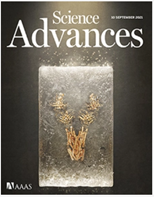
O impacto dos neuromoduladores em comportamentos exploratórios
Dichotomous dopaminergic and noradrenergic neural states mediate distinct aspects of exploitative behavioral states representa a mais recente publicação do projeto 413/14 - The role of dopamine in behavioral exploration and action selection liderado por Aaron Koralek e apoiado pela Fundação BIAL.
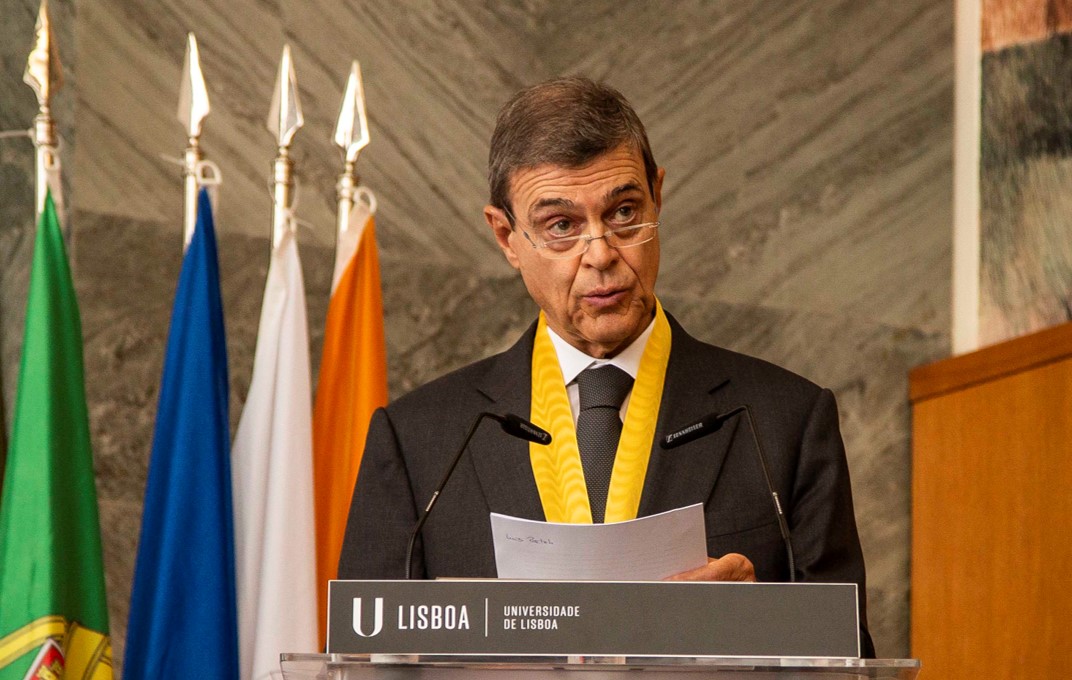
Universidade de Lisboa atribui grau de Doutor Honoris Causa a Luís Portela
O Presidente da Fundação BIAL, Luís Portela, foi distinguido com o grau de Doutor Honoris Causa, atribuído pela Universidade de Lisboa, sob proposta da Faculdade de Medicina. A cerimónia de atribuição do grau decorreu no dia 9 de setembro no Salão Nobre da Reitoria da Universidade de Lisboa, podendo ser revista no canal Youtube da Universidade.
Looking for collaboration

The quest of physiological markers for the experience of pain
Researcher: Elia Valentini - Department of Psychology & Centre for Brain Science, University of Essex Summary: The aim of this project is to improve measurement of the human experience of pain by investigating a combination of psychophysical and physiological responses during mild noxious stimulation. More specifically, we want to investigate how sensitive and specific to pain the brain oscillatory responses are. We use EEG as the main technique, but we are keen to collaborate with neuroscientists using fMRI, autonomic measures and brain stimulation as well as with computational neuroscientists. A clinical collaborator would also be very much welcome.

EEG investigation of hypnosis and decision-making
Researcher: Rinaldo Livio Perri - University Niccolò Cusano Rome, Italy Summary: I work in the field of hypnosis and cognitive neuroscience. In particular, I adopt the event-related potentials (ERPs) to investigate the effect of the hypnotic suggestions on sensory processing and cognitive performance. I am an expert in decision-making and proactive brain processes before the stimulus administration (e.g., the perceptual, prefrontal and premotor readiness during the expectancy stage). I could help colleagues to properly analyze the ERP signal in the pre-stimulus stage of processing. Also, I would be happy to share my EEG data for re-analyzing them in the frequency domain (e.g., wavelet or coherence analysis in the hypnosis research). Feel free to contact me for any question! More information on my papers: https://scholar.google.it/citations?user=-8e_V64AAAAJ&hl=it Possible collaborations: neuroscientist with experience in the EEG frequency analysis Email: perri.rinaldo@gmail.com

Transparent Psi Project - looking for collaborators
Summary: We are running a fully transparent, expert consensus-base multilab replication of Bem’s (2011) experiment 1. The project features state of the art methods to maximize transparency and study integrity. The study involves a computerized experiment taking about 20 minutes per session. Group testing is possible in a computer lab, no specialized equipment needed. Labs are expected to recruit at least 100 participants. Participants will be exposed to images with explicit erotic/sexual content in the experiment. No financial compensation is required for the participants. Data collection is expected to take place in the 2020 fall semester. Every material is provided for ethics/IRB submissions and data collection in English (translation of materials might be necessary by the collaborators). The study is pre-registered and the manuscript is accepted in principle for publication in the journal Royal Society Open Science. All collaborators who meet the minimum sample size criterion will get authorship on this paper reporting the results of the replication study. More information in the preprint: https://psyarxiv.com/uwk7y/ Indicate interest in the collaboration via the following form: https://tinyurl.com/tpp-labs With any question contact the lead investigator: Dr. Zoltan Kekecs, kekecs.zoltan@gmail.com

Cognitive control and learning
Researcher: Ignacio Obeso, Ph.D. / CINAC - HM Puerta del Sur Summary: The aim of our projects is to understand the behavioral and neural mechanisms used to learn how humans establish adaptive behaviour in changing contexts. More specifically, we want to decipher how stopping abilities are initially learned and later executed under automatic control. We use task-related fMRI, brain stimulation and clinical models to test our predictions in laboratory settings as well as online home-based paradigms. Possible collaborations: computational scientist Email contact: i.obesomartin@gmail.com https://iobesomartin.wixsite.com/cognitivecontrol
Veja aqui links de Fundações, Organizações, Sociedades e outros que lhe podem interessar.
- BrainFacts.org
- Cognitive Neuroscience Society
- Dana Foundation
- European Brain Council
- European Society for Cognitive and Affective Neuroscience (ESCAN)
- Federation of European Neuroscience Societies (FENS)
- Human Brain Project
- IANDS International Association for Near-Death Studies
- Institut Métapsychique International (IMI)
- Instituto de Psicologia Paranormal
- International Behavioral Neuroscience Society (IBNS)
- International Brain Research Organization
- IONS Institute of Noetic Sciences
- Kavli Foundation
- Koestler Parapsychology Unit
- Open Sciences
- Organization for Human Brain Mapping (OHBM)
- Parapsychological Association
- Psi Encyclopedia
- Rhine Research Center
- Sociedade Portuguesa de Neurociências
- Sociedade Portuguesa de Neurologia
- Society for Neuroscience
- Society for Psychical Research
- Society for Scientific Exploration (SSE)
- World Federation of Neurology

